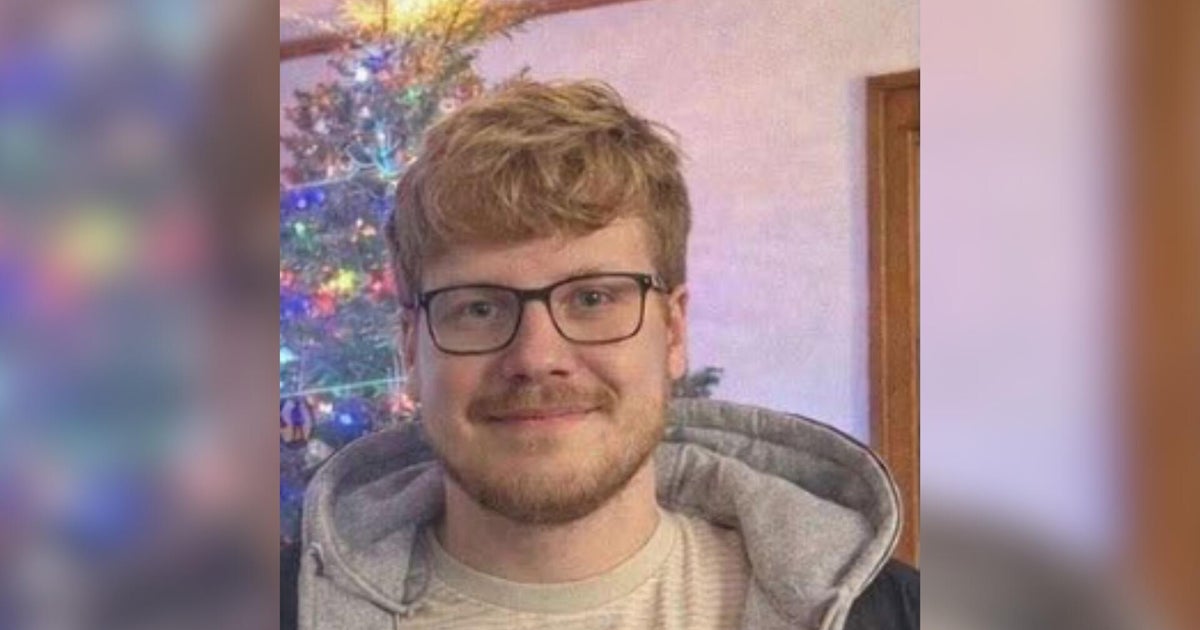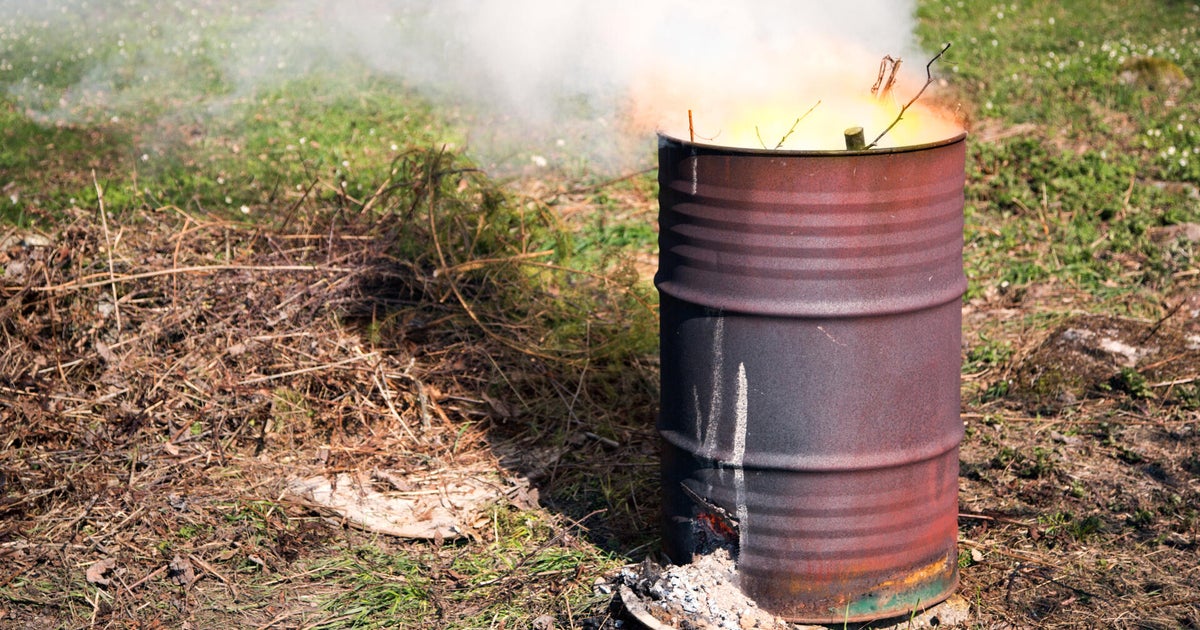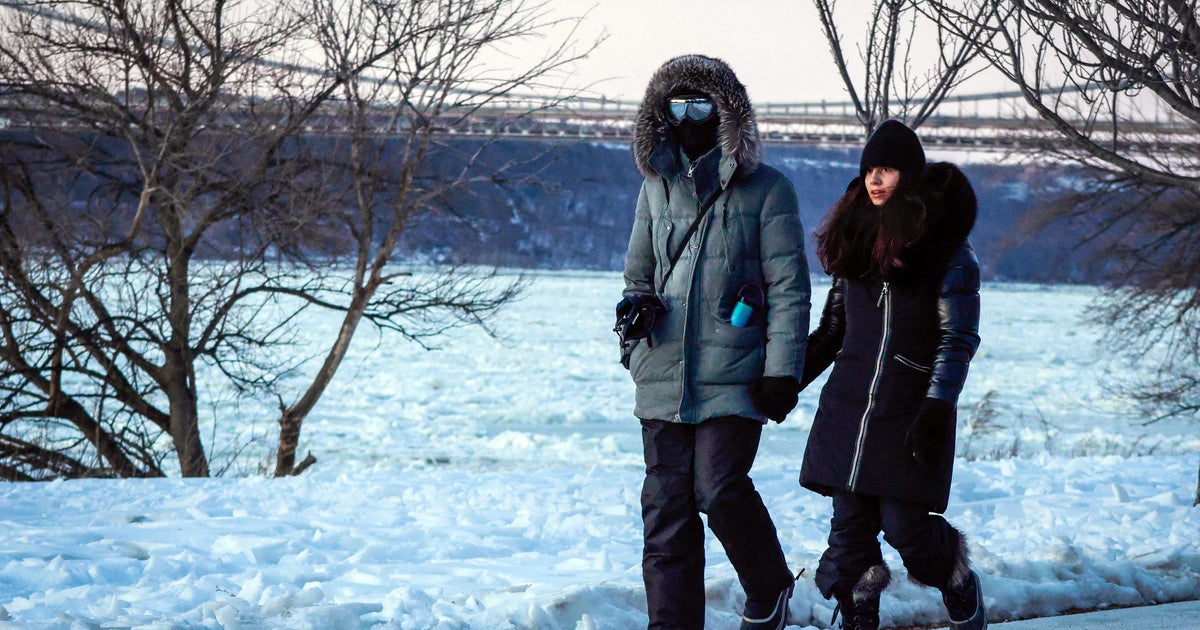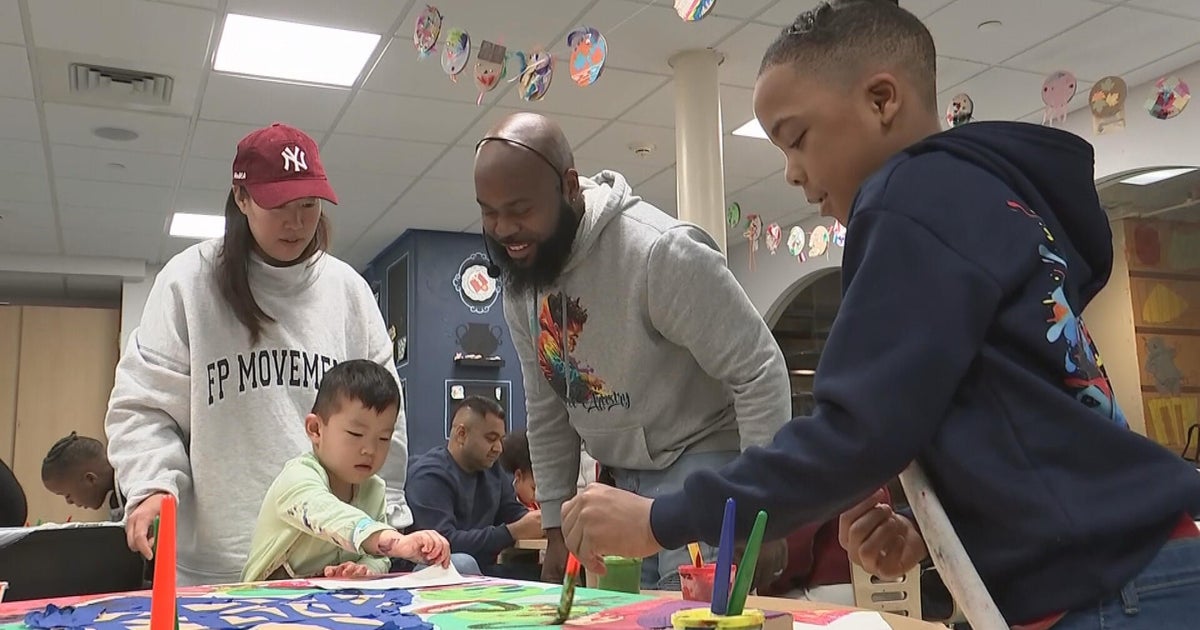Anne Tyler, Still Making It Up
By HILLEL ITALIE
AP National Writer
BALTIMORE (AP) -- In the living room of Anne Tyler, you could shelve virtually all the books under a single heading: fiction.
Eudora Welty. John Updike. Vladimir Nabokov. Reynolds Price. A rare brush with fact is "More Matter," a collection of Updike's essays and criticism. Otherwise, don't expect any works of history or politics. Biographies? What's the point? She knows how the story will end.
"It would be a better book if they just wrote a novel about that person," Tyler reasons during a recent sunny morning, a mug of coffee in her hands, her gray-dark hair pulled back in a bun.
For nearly 50 years Tyler has been making it up -- and telling the truth -- about love, family, work and death, while leaving current events for the nonfiction writers to handle. Readers and critics have welcomed her inventions. She is a consistent best-seller. She won the Pulitzer Prize in 1989 for "Breathing Lessons," and this spring is receiving a lifetime achievement award from The Sunday Times in London. Many remember her for "The Accidental Tourist," adapted into the movie of the same name that featured Geena Davis in an Oscar-winning role as a quirky dog trainer who wins over an emotionally damaged travel adviser played by William Hurt.
"Among our better contemporary novelists," Katha Pollitt once wrote in The New York Times, "Tyler occupies a somewhat lonely place, polishing brighter and brighter a craft many novelists no longer deem essential to their purpose: the unfolding of character through brilliantly imagined and absolutely accurate detail."
She has not only succeeded in art and commerce, but kept her private life off the market. Her longtime rule has been that if something happens to her she won't put it in her books. So we'll have to assume she never swallowed a yellow marble thinking it was a lemon drop ("Searching for Caleb"), or faked her own death ("Morgan's Passing"), or carved a rock star's name on her forehead, not realizing that by doing so in a mirror she had filled in the letters backward ("A Slipping-Down Life").
Meanwhile, Tyler has not talked to the media in person for decades, sharing through written correspondence her thoughts with reporters, but not her ready smile or warm, slightly husky voice. But at age 70, encouraged by publisher Alfred A. Knopf, she figures it couldn't hurt. Wearing dark slacks, a purple sweater and a white turtleneck, she sits comfortably on a couch looking out on the small yard in back of the attached brick house she has lived in for the past few years, since her two daughters grew up and her husband died after more than 30 years of marriage.
Her new novel is called "The Beginner's Goodbye," and its opening line appeared to her as if from the spirit world: "The strangest thing about my wife's return from the dead was how other people reacted." The narrator is named Aaron and his wife, Dorothy, was killed suddenly when a tree crashed through their roof. Forced to move in with his overbearing sister, Nandina, he looks back on his marriage and remembers its bonds and strains and wonders "whether we find out what our lives have amounted to."
No plot will be spoiled by revealing the novel's conclusion: "We go around and around in this world, and here we go again." Tyler has long left questions considered but unanswered and lives transformed but not completed. The titles themselves -- "The Beginner's Goodbye," "Breathing Lessons," "The Amateur Marriage," "The Accidental Tourist" -- suggest that life is a job assigned without warning, a body of water into which we're thrown, fully clothed. Parents and children, men and women. Everyone is winging it, including the author.
"My daughters always tell me that with every book I say, `This is not going well and nothing is going to come of it,"' she says. "In that sense I'm still unsure. I think, though, an almost opposite problem is I get to have written so many books I'm worried about the temptation to, I love that phrase, `phone it in."'
The people change, but a constant is Baltimore, her residence for 45 years and the setting for virtually all of her 19 novels, in which the street names have been changed but a real hardware store or grocery is likely to appear. Baltimore, a city of tradition and acting out, of roots and displacement, where characters might argue whether they belong to the South or the North.
"It's a city with grit and sort of a feisty spirit to it. I think it's a very funny city and I love it," she says. "But I always feel that I'm an impostor when people talk about `Baltimore writers' and feel I can pronounce upon Baltimore. Any Baltimorean can tell you I'm not a real Baltimorean."
But her friend John Waters, a native Baltimorean, insists she is a proper citizen. The director notes that they present very different parts of the city -- you won't read about drag queens and serial killers in a Tyler novel -- but both have an affinity for outcasts and oddballs.
"We concentrate on the eccentrics," says the creator of "Hairspray" and other Baltimore-based films. "I always am interested in people who think they're normal and yet are totally insane. She writes about people who think of themselves as normal, and are normal, but also eccentrics who don't know it."
Her books are not inspired by her own life -- never! But she does acknowledge an indirect influence, how having children might have helped her write about parenting or the death in 1997 of her husband, Taghi Mohammad Modarressi, added to the insights of her new book. "The preoccupations of certain stages of life -- child-rearing, adolescent-rearing, empty nest, aging, death of a spouse -- are clearly mirrored by the novels I wrote at the time I was going through those stages," she says. "Or shortly after I went through them, since things often seem to need to settle in my mind before I can write about them."
When a character's voice doesn't speak to her, Tyler turns to her research. She keeps a box of index cards with notes and ideas, perhaps observations about someone she spotted in the dentist's office or a sentence overheard. Like the retired teacher in "Noah's Compass," she studies life "like a language" and remains fascinated by how we live and behave.
"Nobody does the same thing twice. You keep seeing new variations in people, families particularly," she says. "I think the interesting thing (about families) is that unless you do some kind of violent wrenching you've got to stay together, you don't have a choice. Friendships don't particularly interest me. Lots of interesting things can happen, but you don't have to get along just to get together. The compromises people make for another and the lifelong wounds and all that stuff is just fascinating to me."
The world remains fresh in part because it differs so from her childhood. Born in Minneapolis and raised in rural North Carolina, Tyler is the daughter of Quakers and social activists who lived for years on communes. The author was 11 before she went to school, where she was stunned when classmates asked if she had a boyfriend. She enjoyed reading but never considered creating her own stories until she came across a sentence in Eudora Welty's short story "The Wide Net": "Edna Earle could sit and ponder all day on how the little tail of the C got through the L in a Coca-Cola sign."
"I was 14 and read that line," Tyler says. "That was the summer I worked on a tobacco farm, handling tobacco, and I thought, `Oh, I know people like that.' But I didn't know you could write about people like that."
Tyler majored in Russian at Duke University, but also studied creative writing under Reynolds Price, who died last year. Known for such novels as "A Long and Happy Life" and "Kate Vaiden," Price inspired her with his enthusiasm and grounded her with common sense. Tyler remembers a short story she wrote in which a poor black woman looks at her hands and likens them to an India ink drawing.
"And he (Price) said, `That would not happen. She would NOT think about an India ink drawing,"' Tyler says. "That was the first time I had to think about really getting into another life. I may know a lot about India ink drawings, but she doesn't."
Tyler was in her early 20s when her first novel, "If Morning Ever Comes," was published. She had been signed up by one of the business' most revered editors, Alfred A. Knopf's Judith Jones, who also worked with Updike and had recently helped discover Julia Child. Jones, who retired last fall, says Tyler is a "great social observer," part of a tradition dating back at least to Jane Austen.
"There's something very special about her," Jones says. "She has a wonderful sense of humor, but it's never mean. It's always very sympathetic and understanding and she takes risks that an established writer often doesn't. With the new book, she's dealing with a new subject for her: `Do the dead come back?"'
But editors and writers do disagree, even ones as close as Tyler and Jones. Jones says she "fell in love" with Tyler's work from the start and sees continuity to the present. Tyler is embarrassed by her early novels, which suffer, in her opinion, from an attitude of "Let me tell you what my view of the world is."
She is so disdainful of "If Morning Ever Comes" that she has forgotten about a passage near the end of the book, in which the narrator, a college student visiting his home in North Carolina, wonders about a girl he knew there and the "myriads of other people" she had been during her life. His thoughts are echoed in her work over the decades, like the wife in "Breathing Lessons" who thinks about a date she turned down and how she might have become a "whole different person." Tyler still wonders whether we change entirely over a lifetime, or not at all.
"I'm constantly aware of the fact, for instance, if I look back on my children as little people, they basically died. It's very sad when I think about it. And I'm so happy to have them as grown-ups, but they're other people, totally other people," she says.
"It's paradoxical, too. I often have the feeling that I'm 7, which seems to be the age of reason, when you first start saying, `Oh, I'm me and there's the world there.' I turned 70 on my last birthday and I thought, just looking out through my own eyes, not at myself in the mirror, `I'm 7, how did this happen?"'
(Copyright 2012 by The Associated Press. All Rights Reserved.)







